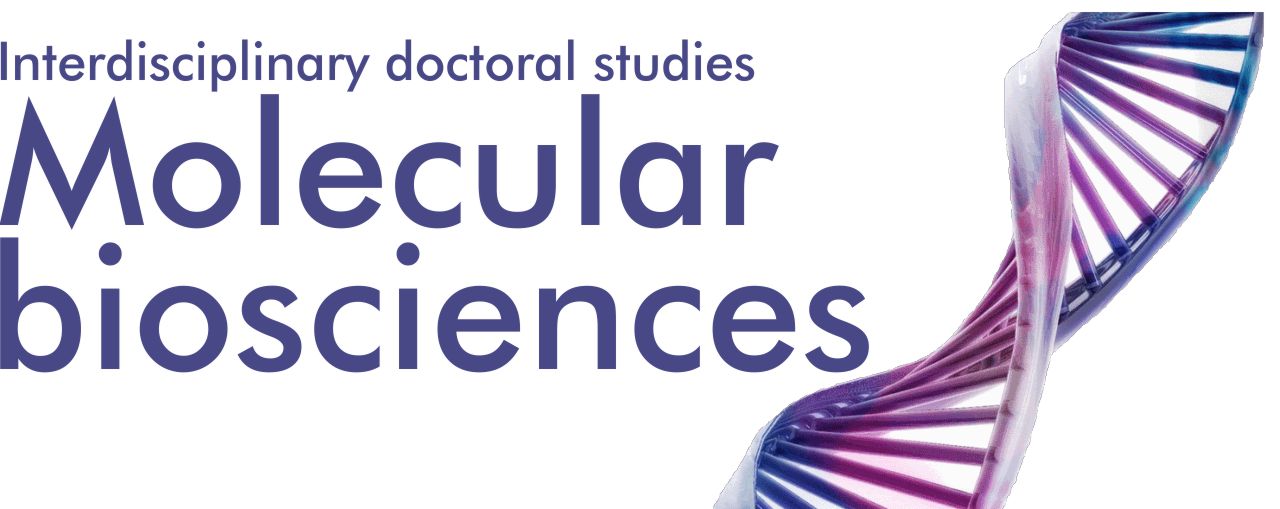| Cipher: | 2115 |
| Nomenclature: | Plant biostimulators |
| Study programme: | Molecular biosciences |
| Module: | Materials science and new technologies |
| Case holder: | Izv.prof.dr.sc. Tomislav Vinković |
| Institution of the case holder: | Faculty of Agrobiotechnical Sciences, |
| Contributors - Contractors: | |
| Subject status: | Electoral College |
| The year in which the case is submitted: | Year I |
| The semester in which the case is submitted: | Semester II |
| Subject objective: | Understand the application of biostimulators in the production of individual agricultural crops as well as the power of their application in controlled growing conditions for scientific research purposes. Learn the basic ingredients of biostimulators, their function and impact on the plant. |
| Case contents: | Plant biostimulators and their impact on the plant. Functional components of biostimulators and their interactions. The role of amino acids when defending the plant from oxidative stress. The role of humic and fulvo acids when adopting the elements of the plant's diet. Biostimulators and oxidative stress and the growth and development of the plant under the influence of the application of biostimulators. |
| Learning outcomes: competences, knowledge, skills that the subject develops: | 1. To assess which group plant biostimulators belong to depending on the purpose of application. |
| ECTS Credits | 4 |
| Lectures | 15 |
| Seminars (IS) | 5 |
| Exercises (E) | 0 |
| Altogether | 20 |
| The way of teaching and acquiring knowledge: | Students are expected to continuously attend classes and actively participate in tasks during the lectures. Exercises are mandatory. Students will be familiar with the exact dates of the exam at the beginning of the semester. The final exam is oral. Students are advised to take notes during lectures, and prepare exams from the mandatory literature of teaching materials. PowerPoint presentations will be used during the lecture to help explain the content discussed in lectures. Presentations in printed form (handouts) will be available to students. |
| Ways of teaching and acquiring knowledge: (notes) | |
| Monitoring and evaluating students (mark in fat printing only relevant categories) | Attendance, Teaching activities, Mandatory seminar work |
| Rating method: | Oral exam, Essay/Seminar, Continuous examination of knowledge in the course of teaching |
| Mandatory literature: | 1. Calvo, J; Nelson, L; Kloepper, J.W. (2014): Agricultural uses of plant biostimulants. Plant Soil 383: 3-41. |
| Supplementary (recommended) literature: | 1. Parađiković, N. (2009): General and Special Vegetable Growing, Faculty of Agriculture Osijek. |
| How to monitor the quality and performance performance (evaluation): | The success of the course will be evaluated annually by the joint expert committee of the Ruđer Boskovic Institute, the University of Dubrovnik and the University of Josip Juraj Strossmayer in Osijek based on exam success and surveys. |
